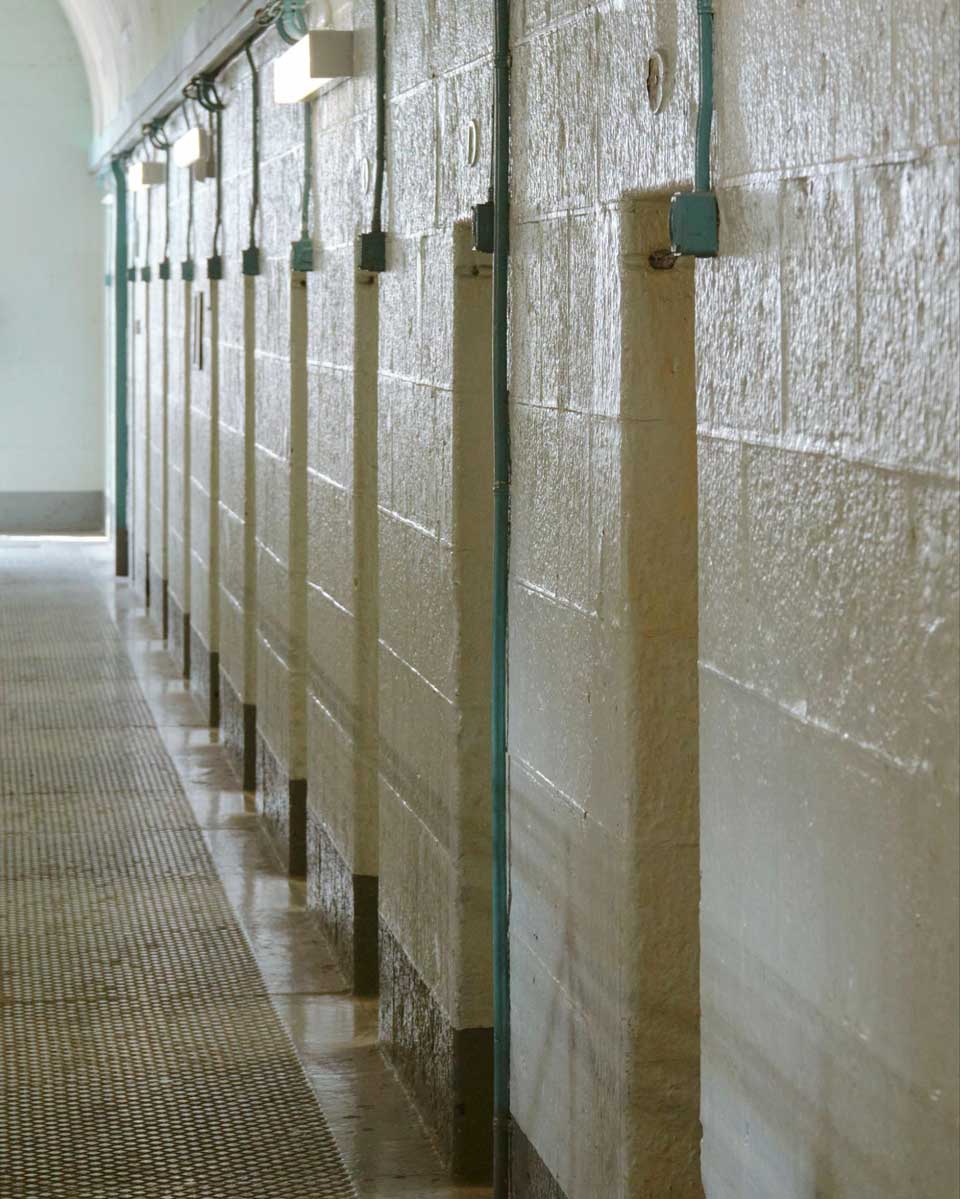Your browser window currently does not have enough height, or is zoomed in too far to view our website content correctly. Once the window reaches the minimum required height or zoom percentage, the content will display automatically.
Alternatively, you can learn more via the links below.

Solitary confinement occurs when a prisoner is locked down in their cell for at least 22 hours a day with very limited or no association with other prisoners. While conditions of solitary confinement can vary, common features include:
If a prisoner is detained in solitary confinement, the conditions they face in custody are significantly more challenging compared to the general prison population. In some cases, this may be taken into account by a sentencing court and result in a shorter sentence being imposed.
Prisoners’ Legal Service in Queensland (PLS) has recently published the Solitary Confinement Sentencing Manual, which provides a practical guide for criminal lawyers in Queensland to help prepare and present evidence of solitary confinement as a mitigating factor in sentencing.
The manual aims to help Queensland lawyers identify when their client is being held in solitary confinement, obtain evidence of their solitary confinement and prepare material to assist in mitigating a sentence. More generally, it aims to raise awareness amongst criminal lawyers of the conditions that prisoners may face if kept in solitary confinement and the significant human rights concerns associated with this practice.
Solitary confinement occurs when a prisoner is locked down in their cell for at least 22 hours a day with very limited or no association with other prisoners. While conditions of solitary confinement can vary, common features include:
If a prisoner is detained in solitary confinement, the conditions they face in custody are significantly more challenging compared to the general prison population. In some cases, this may be taken into account by a sentencing court and result in a shorter sentence being imposed.
Prisoners’ Legal Service in Queensland (PLS) has recently published the Solitary Confinement Sentencing Manual, which provides a practical guide for criminal lawyers in Queensland to help prepare and present evidence of solitary confinement as a mitigating factor in sentencing.
The manual aims to help Queensland lawyers identify when their client is being held in solitary confinement, obtain evidence of their solitary confinement and prepare material to assist in mitigating a sentence. More generally, it aims to raise awareness amongst criminal lawyers of the conditions that prisoners may face if kept in solitary confinement and the significant human rights concerns associated with this practice.
If you would like to request a copy of the Solitary Confinement Sentencing Manual or other resources about solitary confinement, please contact PLS at:
Please note that the Solitary Confinement Sentencing Manual only applies to prisoners in Queensland.
This article provides legal information only and is not a substitute for legal advice. If you wish to take any action arising from matters raised in this publication, you should consult a lawyer immediately.
Would I be forced to drop my appeal just to get to minimum security? Is this fair? My parole is due November 12 but I can’t see how I can get it.
This is the second part of a two-part series on Freedom of Information (or Right to Information) laws. This part discusses ‘review processes’ – that is, what can be done if you are unhappy with the FOI decision, particularly if you were refused information and you think this was incorrect.
In Queensland, there have been concerns raised about the way DNA evidence is processed and examined in forensic laboratories.
This article discusses some of the human rights that may be relevant in prison with reference to human rights protections under the Human Rights Act 2019 (QLD) in Queensland.
In law, silence is considered a fundamental right that provides fairness in criminal proceedings.
This article discusses some of the human rights that may be relevant in prison with reference to human rights protections under the Human Rights Act 2019 (QLD) in Queensland.
I wonder if you could explain the new "No Body No Parole" law in New South Wales, where now people charged with murder or manslaughter need letters from the head of police?
The federal election is coming up. It happens about every three years. It’s for electing the government for the whole country – the federal government.
Help keep the momentum going. All donations will be vital in providing an essential resource for people in prison and their loved ones.
All donations of $2 or more are tax deductible. If you would like to pay directly into our bank account to avoid the processing fee, please contact donate@abouttime.org.au. ABN 67 667 331 106.
Help us get About Time off the ground. All donations are tax deductible and will be vital in providing an essential resource for people in prison and their loved ones.
Leave a Comment
Lorem ipsum dolor sit amet, consectetur adipiscing elit. Suspendisse varius enim in eros elementum tristique. Duis cursus, mi quis viverra ornare, eros dolor interdum nulla, ut commodo diam libero vitae erat. Aenean faucibus nibh et justo cursus id rutrum lorem imperdiet. Nunc ut sem vitae risus tristique posuere. uis cursus, mi quis viverra ornare, eros dolor interdum nulla, ut commodo diam libero vitae erat. Aenean faucibus nibh et justo cursus id rutrum lorem imperdiet. Nunc ut sem vitae risus tristique posuere.